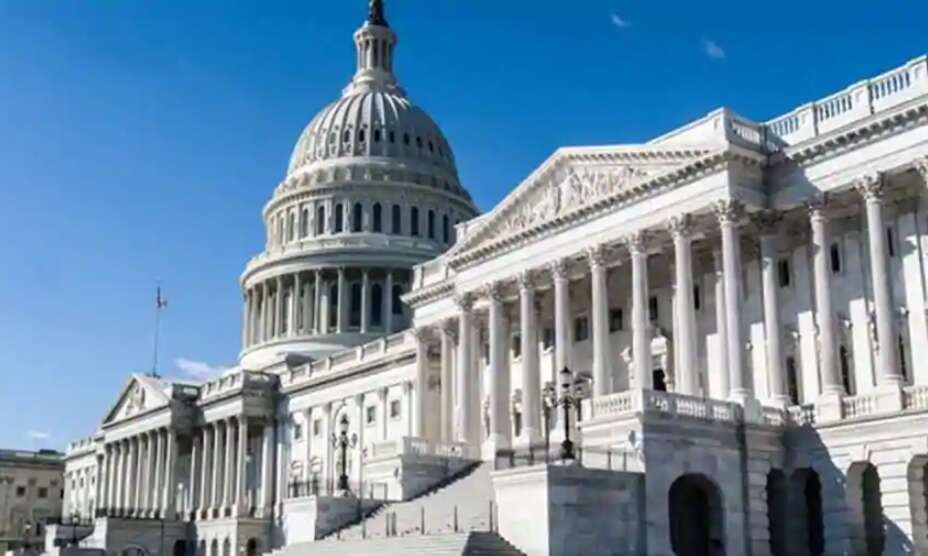The first step

Following a gruelling round of voting and last-minute debates, the US Senate finally passed an amended USD 1.9 trillion COVID-19 relief bill. The bill will now be passed on to the House for another round of voting before it can become law. The 'American Rescue Plan' is not only a way of delivering aid to millions during this time of crisis but is also part of Biden's larger push to 'build back' America. The first thing of note brought forth by the bill is a third one-time stimulus check of USD 1,400. While the amount on the stimulus check is bigger than any that have been passed before, a major difference is that fewer people will be getting it. This is because negotiations with moderate Democrats have forced certain compromises on the overall relief package. In regards to the stimulus check, in particular, this has meant that the USD 1,400 will only be given to a single person earning up to USD 80,000 and a couple earning up to USD 160,000. This will still cover roughly 98 per cent of the households that previously received the check. It should be noted, however, that the new piece of legislation also includes checks for adult dependents such as college students and those with disabilities. Another significant aspect of the bill is that it expands the child tax credit to USD 3,000 per child up to the age of 17 and it even expands on who can claim it. Then there is the reduced USD 300 per week unemployment benefits which will now come with the addition of making the first USD 10,200 non-taxable for households with incomes of under USD 150,000. These benefits are set to last through September 6, 2021. As stated above, this is part of an overall plan to get America back on its feet and thus the plan has funding for schools (USD 170 billion), for vaccines (USD 46 billion), for rental assistance (USD 25 billion), for expanding internet connectivity (USD 7.6 billion) among many other such highlights. The bill is being touted as a vital part of Joe Biden's FDR (Franklin D Roosevelt) moment when the 32nd President pulled America out of the Great Depression with his 'New Deal'. There are expectations for more follow-ups with infrastructure apparently being next in line for consideration under Biden's 'Build back better' strategy. Commentators say that this will be the first and perhaps greatest opportunity for the Biden administration to establish its legacy as a rebuilder and reformer. But it hasn't exactly been a bed of roses.
Predictably, the Republicans are staunchly opposed to the bill as evidenced by the bill being passed by the slimmest of majorities at 50-49. Senate Minority Leader Mitch McConnell disparaged the bill as 'unnecessary' given that the Republicans believe the economy is already on the rebound from previous relief packages. The Republicans attacked several parts of the bill as being nothing more than 'a parade of left-wing pet projects' as McConnel put it. On the whole, however, Republican opposition is hardly surprising at this point. What bears noting is opposition from within the Democratic Party itself. As a kind of obvious show of what you sacrifice by widening your party tent, the Democratic bid to, among other things, including a hike to the minimum wage, was derailed by moderate Democrats like Joe Manchin from West Virginia and Kyrsten Sinema from Arizona. Altogether, eight Democrats sided with Republicans in voting against raising the minimum wage from the current USD 7.25 to USD 15 per hour. Most who opposed it instead wanted a smaller increase or one with other caveats. While Democrats such as Bernie Sanders have expressed that this will not be the last time a minimum wage bill will be brought before Congress, at least this time, it appears to not be on the cards. The actions of moderate Democrats have raised questions for the future of Biden's efforts to build back the nation. In particular, Joe Manchin, a conservative-leaning Democrat from a largely Republican state has emerged as a high-level power player in the mix. Aside from leading the opposition against the minimum wage hike, Manchin also paralysed the Senate at the last moment before voting was set to begin by suddenly threatening to side with Republicans unless his concerns over the length of unemployment benefits were heard. His objections have puzzled and alarmed his Democratic colleagues whose thin majority in both the House and Senate means they really can't afford dissent within their ranks. Will this be the last time Manchin will exercise such disproportionate authority over Democratic legislation? Probably not. But then again, if Biden has any hope of even remotely succeeding in bridging political gaps, it may be a good idea to start within his party which presently looks to be a little divided, to say the least.



